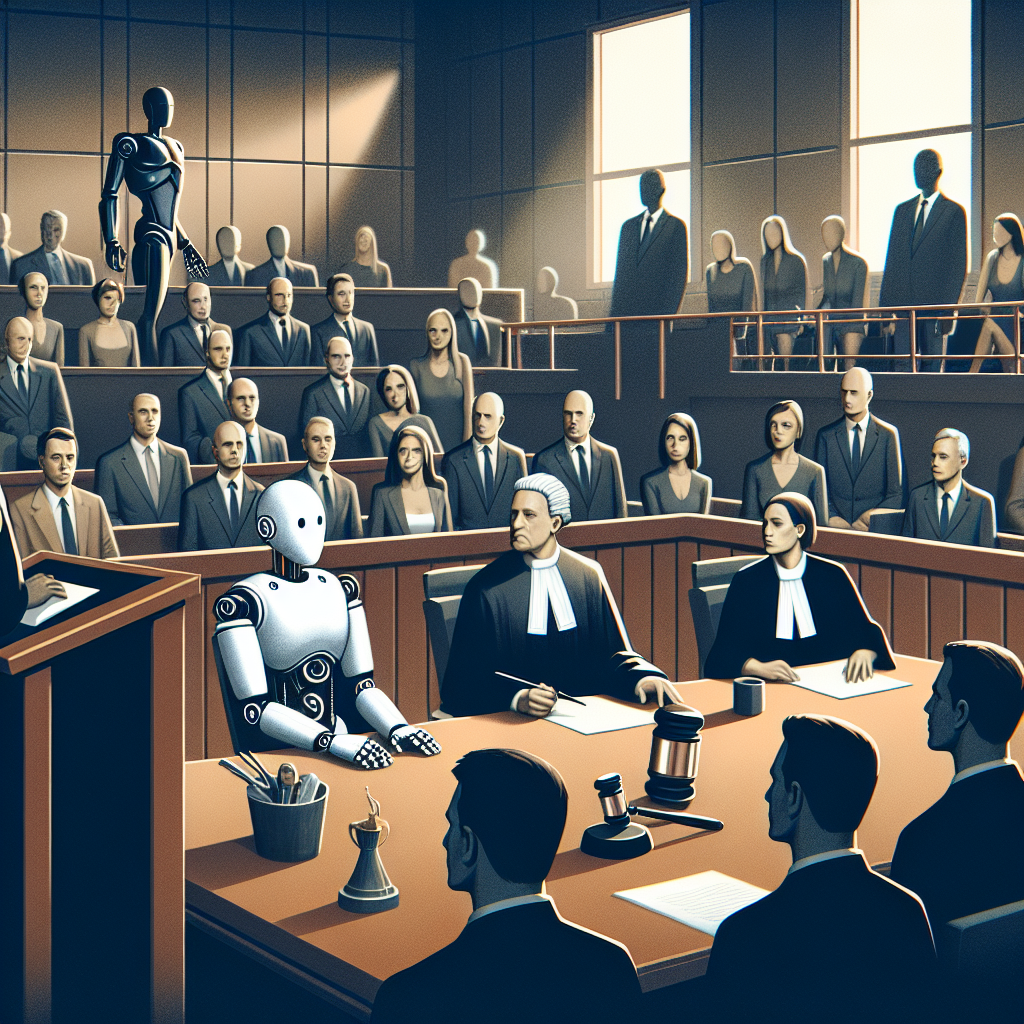A Historic Antitrust Battle Evolves with AI at the Forefront
The highly anticipated antitrust trial against Google, initially focused on its historic dominance in the search engine market, has taken an unexpected and unprecedented turn. What began as a legal reckoning over Google’s past search practices is now rapidly transforming into an intense debate about the future of Artificial Intelligence (AI) in digital markets.
From Search Engine Monopoly to AI Power Player
The U.S. Department of Justice (DOJ) launched its lawsuit against Google to examine whether the tech giant had unfairly maintained a monopoly in online search. The case centered around the billions of dollars Google allegedly paid to secure its position as the default search engine across browsers, smartphones, and other devices.
However, recent court proceedings have shifted focus. Arguments now revolve around Google’s aggressive move into AI-powered technology — particularly AI search assistants and generative models that are poised to reshape how internet users find information.
AI Assistance vs. Traditional Search: What’s Changing?
At the heart of this new conversation is the emergence of Google’s generative AI tools, like its AI-enhanced search and the Bard chatbot. These tools are not just incremental improvements; they represent a revolutionary shift in how people interact with information online, bypassing traditional link-based searches in favor of direct, contextualized responses.
Key developments fueling the DOJ’s concern include:
- Integration of AI-generated summaries at the top of search results, reducing visibility for links to competing websites.
- Increased user reliance on Google’s proprietary recommendations, potentially locking publishers and rivals out of the information ecosystem.
- The fusion of search with AI assistants that can handle user tasks, from booking flights to writing emails — all powered by Google’s infrastructure.
The DOJ’s New Line of Argument
Antitrust prosecutors are now arguing that if Google’s dominance in search is allowed to go unchecked, it will give the company an unfair advantage in the AI market, suffocating competition before it can even emerge.
They caution that new entrants to the AI space — whether in search, voice assistants, or professional tools — could face steep barriers to entry simply because Google controls so many data streams and default access points across the web.
Google’s Defense: Innovation, Not Monopoly
In response, Google argues that its AI developments are the result of intense innovation, not monopolistic intent. The company insists it is committed to user-focused experiences, pointing out that consumers choose Google products because they are superior, not because they lack alternatives.
Google’s legal representatives made several key points:
- Artificial intelligence is a rapidly evolving field with many strong players, including Microsoft, OpenAI, Amazon, and Meta.
- The integration of AI into Google’s services is meant to enhance user experience, not limit choice.
- Users can still access other search engines and AI assistants with minimal friction.
Why This Trial Matters for the Future of AI
This landmark trial could redefine how antitrust principles are applied in the age of AI. Instead of revisiting past conduct, the court is being asked to anticipate future dominance in emerging technologies.
If the DOJ succeeds, it could set a legal precedent for:
- Monitoring and penalizing anti-competitive behavior around data access and AI training models.
- Creating new rules for default placement of AI assistants on operating systems and browsers.
- Enforcing transparency in how generative AI platforms serve or suppress third-party content.
Industry-Wide Ramifications
Other tech giants are watching closely. Microsoft’s partnership with OpenAI, for example, could fall under similar scrutiny if regulators assert that AI dominance is tied to advantages gained in legacy markets like search, operating systems, or cloud infrastructure.
Publishers and advertisers are also intensely interested, as AI-generated answers reduce traffic to external websites — potentially upending the web’s largest business model.
What’s Next: A Defining Moment for Big Tech Regulation
The trial’s outcome could become a turning point in U.S. competition law. As AI increasingly becomes the interface to the internet, regulators, companies, and consumers alike are grappling with challenging questions:
Should AI be considered part of the search market?
How do we balance user convenience with fair competition?
Can laws designed for past technologies be effective in an AI-driven future?
If the court opts to treat AI as a distinct market, new regulatory frameworks may follow — focused not only on data access and outputs but on the algorithms themselves.
Conclusion: A Crossroads Between Past and Future
What was once a backward-looking trial now stands at the cutting edge of tech regulation. The Google antitrust case no longer simply asks whether the company abused its power in the past — it questions whether unchecked dominance today could stifle the promise of tomorrow’s AI innovations.
As the trial unfolds in 2025, one thing is clear: this isn’t just about Google. It’s a stress test for how society will govern the digital infrastructure of the future.



Leave a Reply